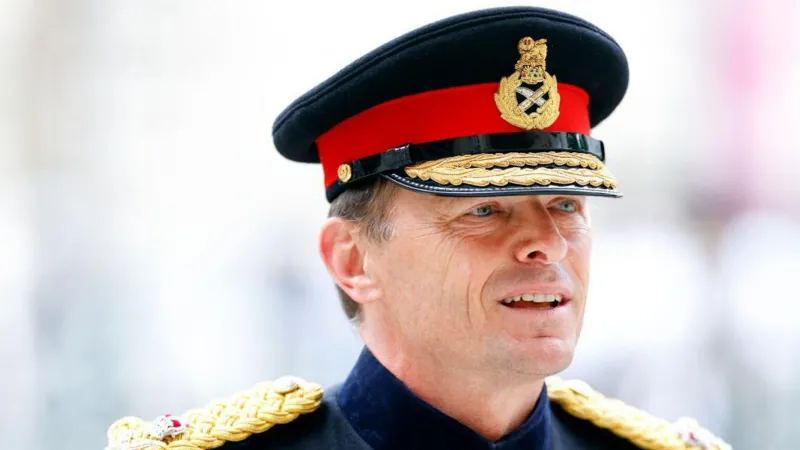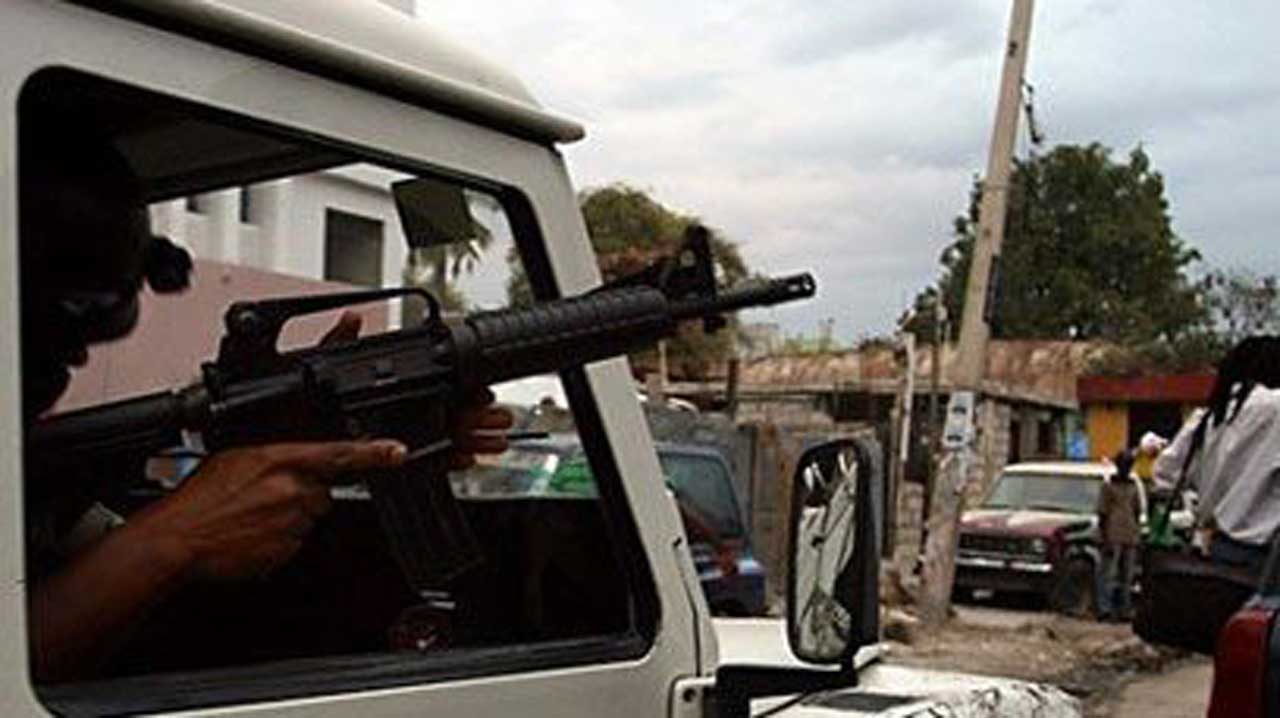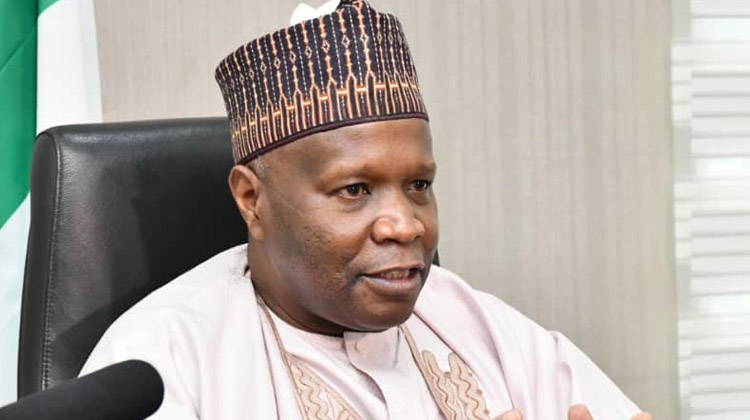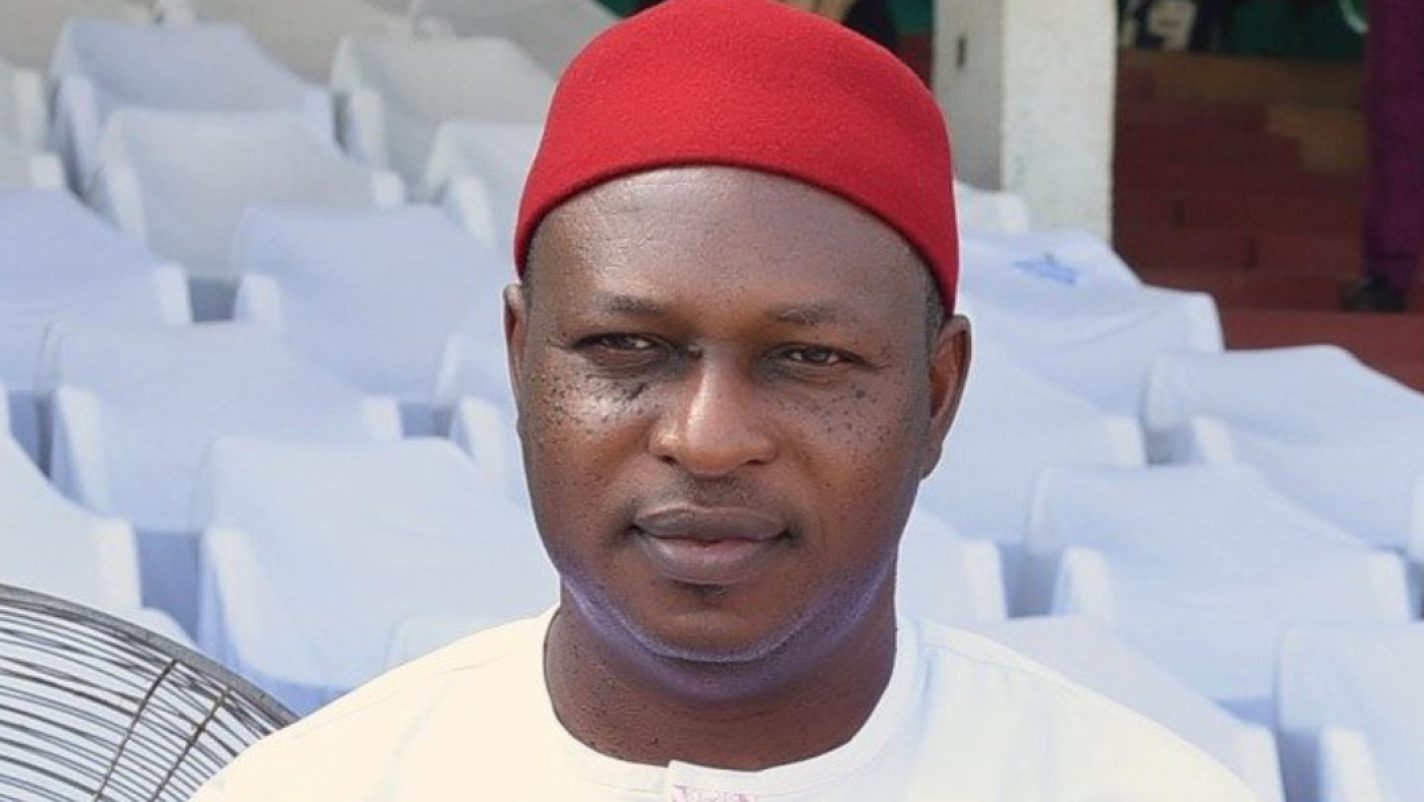The UK must prepare for the possibility of conflict within the next three years, according to Gen Sir Roland Walker, the new head of the British Army. In his inaugural address, Walker painted a stark picture of an increasingly unstable global landscape, emphasizing that while war is not certain, the Army must enhance its capabilities to deter and counter emerging threats.
Gen Walker’s speech highlighted the urgent need for a strategic overhaul, including plans to double the Army’s fighting power by 2027 and triple it by the end of the decade. He cited escalating threats from an embittered Russia, a potentially aggressive China, and an Iran pursuing nuclear ambitions as central concerns.
“Regardless of the outcome in Ukraine, Russia is likely to emerge weakened but still extremely dangerous, seeking retribution for Western support to Ukraine,” Walker warned. He also noted that China’s ambition to retake Taiwan and Iran’s nuclear pursuits could intensify regional conflicts, with these threats potentially materializing in the near term.
The general underscored the necessity of modernizing the Army, focusing on advancements in technology such as Artificial Intelligence and enhanced firepower, rather than merely increasing troop numbers. His goal is for the British Army to be capable of defeating adversaries up to three times its size, a target that requires rapid technological and strategic upgrades.

Walker’s address coincided with the government’s launch of a comprehensive defense review, prompted by concerns about the armed forces’ current state, described by Defence Secretary John Healey as “hollowed-out” due to procurement inefficiencies and declining morale. The review aims to address these issues and better align the Army’s capabilities with evolving global threats.
Recent Ministry of Defence figures indicate that the UK’s regular Army numbers 75,325, a decrease from previous years due to recruitment challenges. The former Conservative government had already reduced its target headcount from 82,000 to 72,500 by 2025.
As part of NATO’s commitment, the UK spends 2.3% of its GDP on defense, with plans to increase this to 2.5% under Prime Minister Sir Keir Starmer’s future roadmap. The challenge will be to balance increased defense spending with the need for efficient and effective military upgrades to meet the demands of a rapidly changing world.
Walker’s call to action reflects a growing recognition of the need for robust defense capabilities in an era marked by uncertainty and potential conflict.





